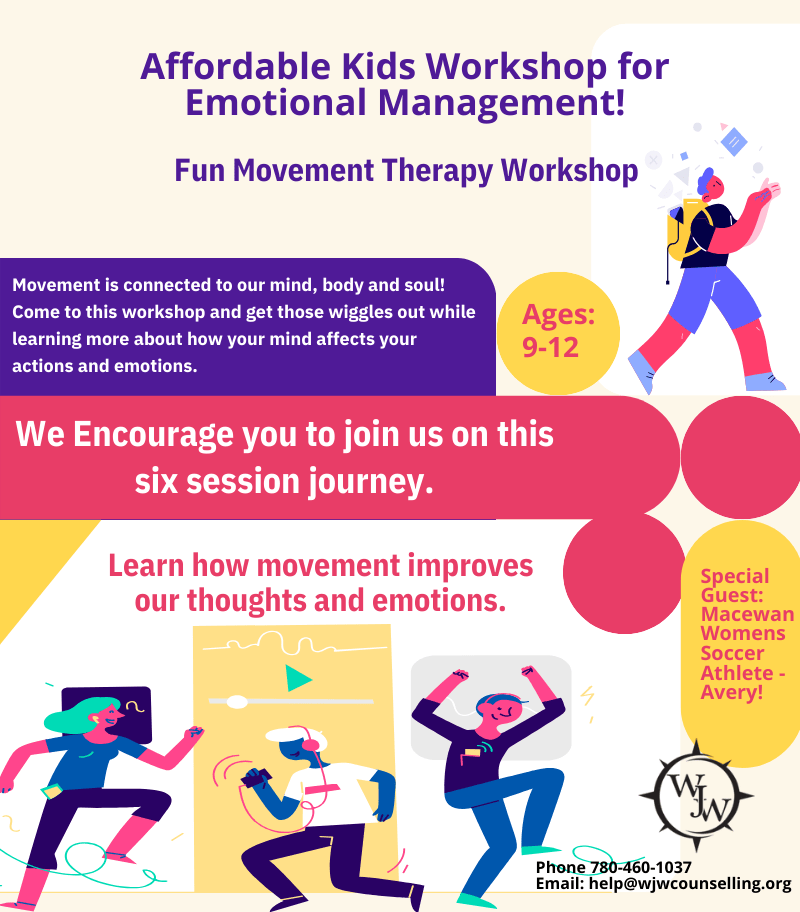Dropping the struggle:
Using acceptance to cope with distressing thoughts and feelings
In Ursula K. Le Guin’s 1968 novel A Wizard of Earthsea, the protagonist, Ged, becomes haunted by a dark spectre that threatens him with death. Faced with the danger, Ged tries to overpower and control the dark creature, but only to be severely wounded and disfigured by the encounter. Upon realizing he cannot control the spectre, Ged runs– living in fear that the shadowy wraith will one day find and destroy him.
***
Our own journey with difficult thoughts and feelings might feel similar to the experiences of the hero Ged. If you’ve ever had trouble with ruminating thoughts, or an incessant internal voice that won’t stop criticizing or making demands of yourself or others, or experienced negative feelings that impact your daily functioning, then maybe you can relate to Ged’s struggle. Did you try to control these thoughts and feelings by either suppressing or challenging them? And when that didn’t work, did you start running from them– perhaps by using a maladaptive coping mechanism like substances (e.g., alcohol) or behaviours (e.g., self-harm, staying in bed all day, or excessive exercise) to numb or avoid the thoughts and feelings?
If your answer is yes to any of the above, then I have good news: you’re a human. I work from an Acceptance and Commitment Theory framework (“ACT” for short). ACT assumes that the human experience is characterized by a fullness of thoughts and feelings which can range from wonderful and exuberant to excruciatingly painful. ACT also assumes that our minds can make our suffering worse by increasing and amplifying our negative thoughts and feelings. The mind creates positive feedback loops which can draw us down into negative-thinking nose-dives. ACT theorizes this is all part of being a human and living a full life. However, acknowledging that life can be hard and painful is not the same as being indifferent to our suffering. ACT can provide a way to help alleviate suffering and live rich and meaningful lives.
So, what’s one way ACT can help you cope in these situations? One answer is acceptance. Accepting difficult thoughts and feelings can help you see and understand them from a different and more useful perspective. Here’s an example of how to do this.
Let’s suppose you’re a student (like me), and you have a big exam coming up. The subject is not your best, and if you fail, you will have to attend summer school. Summer school means paying more tuition and that you can’t work as much. This means you will struggle to pay rent, and you might have to return to your parent’s house. Your relationship with your parents is not great, and you dread a return to their home. With all this on your mind, the pressure to do well on this exam begins to build, and you experience significant anxiety. You struggle to focus, sleep, and study.
One ACT tool to help manage all this is Russel Harris’ concept of “dropping the struggle.” The anxiety your hypothetical student self is experiencing in this scenario is the result of your internal struggle with your fears and anxieties about the future. You’re hyper-fixated (or “hooked” to use Harris’ ACT terminology) on how failing this exam will have negative implications for you. The more you think about, suppress, or ignore these fears, the greater the fears become. “Dropping the struggle” means turning towards your difficult feelings and thoughts, looking at them, and saying “I see you, and I acknowledge you, but I’m choosing not to struggle with you today.” You’re putting down the rope of the tug-of-war between yourself and your troubling thoughts or feelings. You’re acknowledging, but not engaging with them.
Another acceptance technique can be the “welcoming self.” When you experience difficult thoughts (e.g., “if I don’t pass this exam I’m screwed, and I can’t go back to living with my folks, I’ll be such a failure!”), and feelings (e.g., anxious, defeated, sad) acknowledge these thoughts. Imagine yourself turning towards them with a welcoming attitude. Imagine these thoughts are outcasts from your authentic self. Welcome them in and say: “hi thought, I know you. You’re welcome here. Come inside and make yourself comfortable. I won’t leave you out. You’re a part of me. And that’s OK, I accept you.” Imagine giving that thought or feeling a hug. The psychologist Carl Rogers observed that “the curious paradox is that when I accept myself as I am, then I change.” Rogers was not referring to ACT processes in this quote, but his words are a fitting illustration about the power of acceptance.
Note that acceptance does not refer to a defeatist or nihilistic acceptance of our problems or circumstances. Rather, acceptance refers to accepting our thoughts and feelings that are elicited by our circumstances. Accepting our difficult thoughts and feelings does not make our problems or our distressing thoughts and feelings go away, but it does give us a different frame of reference in which to understand and see them. Our relationship to our negative thoughts and feelings changes from one of resistance and struggle, to acknowledgement and acceptance. And when this happens, we are in a better position to make choices that reflect our values and work towards solving our problems in productive and healthy ways.
***
And what happens to Ged? Once Ged acknowledges he cannot overpower or run forever from the dark spectre, he seeks the creature out in an authentic encounter. Ged and the creature embrace, and Ged realizes it is his own shadow self, his own death, that has been haunting him. Once named and acknowledged, the shadow and Ged live in harmony. How’s that for an allegory about the power of acceptance?
Owain Bamforth Masters in Counselling Student
References
Harris, R. (2019). Act made simple: An easy-to-read primer on Acceptance and Commitment Therapy (2nd ed.). New Harbinger Publications.
Le Guin, U.K. (1968). A wizard of earthsea. Parnassus Press.
Rogers, C. (1961). On becoming a person: A therapist’s view of psychotherapy. Houghton Mifflin Company.




